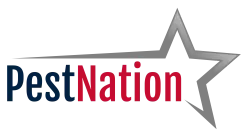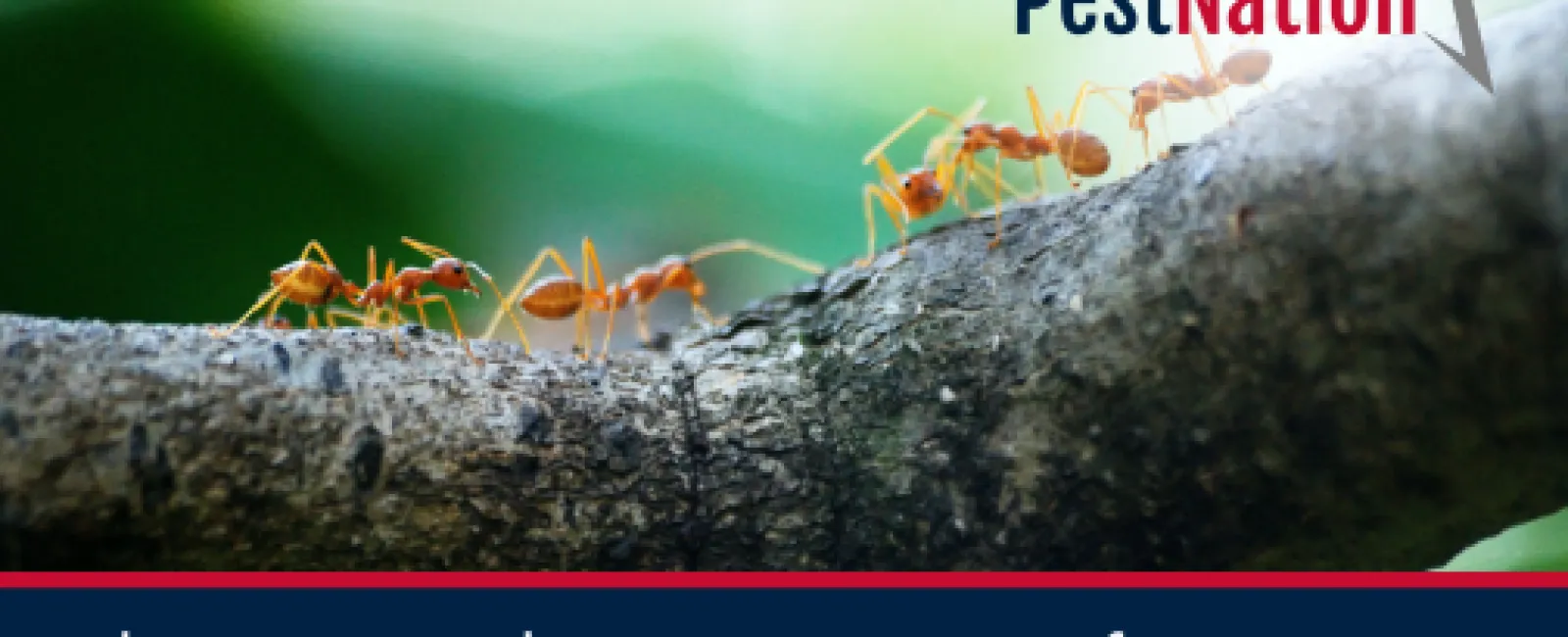August brings some of the hottest temperatures of the year in cities like Atlanta, Charlotte, and Charleston—but the scorching heat affects more than just people. It also drives ants straight into homes, creating frustrating infestations that seem to come out of nowhere. Homeowners may find long trails of ants in kitchens, bathrooms, and pantries, wondering why the problem always seems to worsen late in the summer. The answer lies in the weather.
Hot, dry conditions outdoors make food and water harder for ants to find, forcing them to look indoors for relief. And when they find easy access to crumbs, pet food, or even dripping faucets, they'll keep coming back. Understanding why ants invade more frequently in August and what steps you can take with PestNation pest inspections, treatments, and prevention services is key to keeping your home protected during peak pest season.
Why August Is Prime Time for Ant Infestations
Ant colonies are most active in warm weather, and August's intense heat pushes their activity to its peak. When outdoor temperatures rise above 90°F, soil begins to dry out, moisture evaporates quickly, and natural food sources become scarce. This environmental stress compels ants to migrate in search of better conditions—often right into human homes.
Inside, ants find everything they need: moisture from sinks and leaks, sugar and protein in kitchens, and dark crevices for shelter. Species like odorous house ants, carpenter ants, and pavement ants are especially notorious for invading homes in late summer. Some even establish satellite colonies indoors, meaning the infestation can persist even after outdoor conditions improve.
The problem is further intensified by ants' ability to communicate using pheromone trails. When a single scout ant finds a food or water source, it leaves a chemical trail back to the nest, recruiting hundreds—or even thousands—of fellow workers to follow. This is why a few ants can turn into an overwhelming infestation within a matter of hours if left unaddressed.
Common Ant Species in the Southeast
In Atlanta, Charlotte, and Charleston, several ant species are responsible for most indoor invasions:
-
Odorous House Ants: These small, dark ants emit a rotten coconut smell when crushed and often nest near moisture sources like leaky pipes.
-
Carpenter Ants: Larger ants that nest in wood and can cause structural damage if left untreated.
-
Pavement Ants: Frequently seen along sidewalks and foundations; they often enter through cracks and crevices.
-
Argentine Ants: Highly aggressive and known for forming massive colonies, often seen trailing along baseboards and countertops.
Each of these species behaves differently, and identification is crucial to effective treatment. That's where PestNation pest inspections come into play—pinpointing the exact species and nesting location allows for targeted and efficient removal.
Heat and Drought Stress: Why It Matters
During hot, dry months like August, ant behavior becomes more erratic and desperate. Their instinct is to preserve the colony, and when their usual food and water sources dry up, they expand their foraging territory significantly. Unfortunately, ants don't just take what they need and leave—they signal the colony to keep coming back. If the colony senses your home is a reliable source of resources, the invasion can escalate quickly.
The Role of PestNation in Ant Prevention and Removal
Combatting ant infestations—especially during peak summer months—requires more than a quick spray from the hardware store. PestNation provides customized, professional-grade solutions that tackle the root of the problem using a multi-step approach.
1. PestNation Pest Inspections
Our licensed technicians perform detailed inspections to identify entry points, species type, and nesting locations. Ants are masters at hiding in wall voids, under baseboards, and even inside appliances. Our trained eyes know where to look and how to trace the problem back to its source.
2. Atlanta, Charlotte, Charleston Interior and Exterior Pest Treatments
Our interior and exterior pest treatments are tailored to your specific infestation. Inside the home, we treat entry points, bait trails, and seal cracks. Outdoors, we locate and treat nests, apply perimeter barriers, and recommend habitat modifications to discourage reentry.
3. Quarterly Services
August may be peak season, but ant invasions can happen throughout the year. That's why PestNation's quarterly services provide ongoing protection, adapting to seasonal threats and preventing infestations before they begin. Our proactive treatments ensure that you're not caught off guard during the hottest months.
4. Rodent and Pest Synergy
While dealing with ants, our inspections often uncover other pest issues as well—like rodents. High summer heat pushes mice and rats into homes for the same reasons: food and water. Our technicians also provide rodent exclusion to keep your entire home pest-free with a holistic approach.
5. Eco-Friendly Options and Mosquito Support
In addition to ants, summer heat brings a surge in mosquito activity. Our In2Care systems and mosquito treatments target these pests safely and effectively. Combining ant and mosquito control during summer creates a complete defense strategy for your home.
What You Can Do: Ant Prevention Tips for Homeowners
While PestNation provides professional solutions, homeowners can also take action to reduce the likelihood of ant invasions:
-
Seal entry points: Use caulk or weather stripping on windows, doors, and foundation gaps.
-
Clean thoroughly: Wipe up food crumbs, spills, and residue from counters and floors.
-
Store food securely: Keep pantry items in airtight containers and avoid leaving food out.
-
Fix moisture issues: Repair leaky pipes, use dehumidifiers, and eliminate standing water.
-
Monitor pet areas: Clean up food spills and don't leave pet bowls full overnight.
These actions won't replace professional pest control, but they can make your home less attractive to ants and give you a head start in staying protected.
Why Ants Are More Than a Nuisance
It's easy to think of ants as a minor inconvenience, but large infestations can cause serious problems. Carpenter ants, in particular, can cause structural damage to wood. Some ants contaminate food, trigger allergies, or bite. In kitchens and pantries, their presence can quickly become a health concern.
More importantly, ants can act as a warning sign for other pest activity. Their trails often lead to hidden moisture issues or structural vulnerabilities that also attract rodents, termites, or other insects. PestNation's comprehensive inspections often reveal more than meets the eye—allowing for proactive solutions before damage occurs.
Why August Is the Time to Act
By the time you see ants inside your home, the colony is already well established—possibly with satellite nests inside walls or under flooring. August's extreme heat forces colonies into action, and infestations that begin now can linger well into the fall if not treated.
Waiting too long can lead to greater damage, more extensive infestations, and increased treatment costs. That's why PestNation pest inspections and quarterly services are a smart investment during the hottest month of the year. Our teams in Atlanta, Charlotte, and Charleston are standing by with customized treatment plans to help homeowners get ahead of the surge.
Don't Let Ants Ruin Your Summer
August's sweltering heat might signal the end of summer vacations, but for ants, it's just the beginning of their indoor invasion. As natural moisture and food sources disappear, ants turn to the nearest available shelter—your home. Once inside, they multiply rapidly, contaminate surfaces, and become a daily annoyance that's hard to ignore.
But you don't have to face them alone. With PestNation's interior and exterior pest treatments, pest inspections, In2Care systems, mosquito treatments, and rodent exclusion services, you gain a reliable partner in year-round pest protection. Our science-backed strategies and local experience in Atlanta, Charlotte, and Charleston ensure your home is protected, even during the most intense heatwaves.

